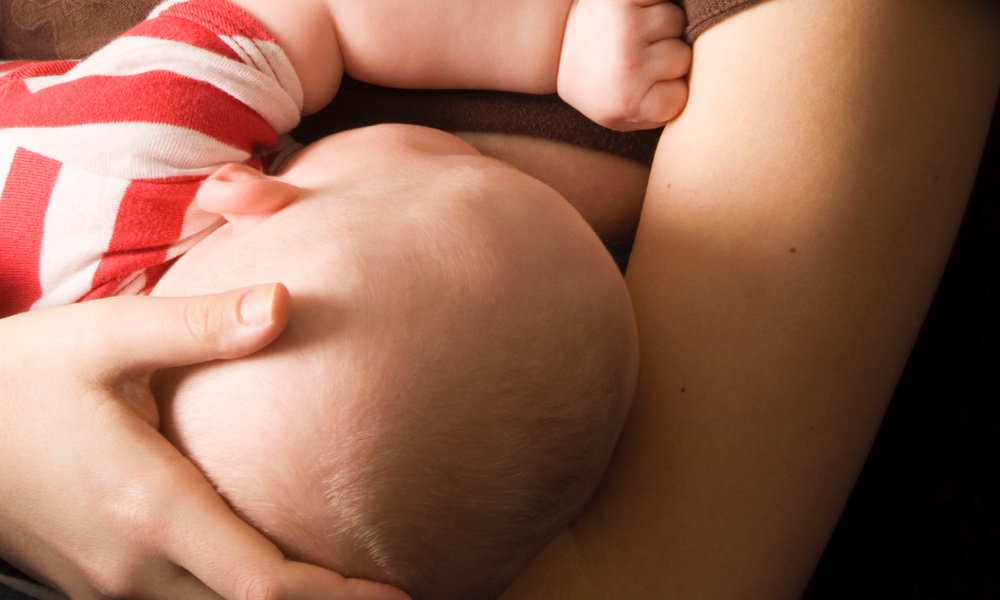As more states around the U.S. legalize marijuana use, public health officials and clinicians have become concerned about the effects marijuana use among pregnant women will have on their kids, particularly among those who breastfeed.
In the 1980s, studies showed that tetrahydrocannabinol (THC, the psychoactive component of marijuana, had a negative effect on cognitive function and executive function in school-age and adolescent children. Other research found that women who used marijuana were more likely to have low birthweight babies.
The THC content of marijuana today is five to six times higher than it was in the 80s, making it likely that the prenatal and postnatal impact of THC exposure could be even greater than these studies have suggested.Even women who had not used marijuana for six weeks after delivering their babies had detectable amounts of THC in their breast milk.
Women in the study all had their babies at Children’s Colorado and UC Health’s University of Colorado Hospital over a two-and-a-half year period. Of the almost 400 women screened, 25 were enrolled in the study. Participants had a history of prenatal marijuana use, and/or tested positive for THC in their urine when admitted for delivery. They all intended to breastfeed their babies and agreed to abstain from marijuana use for six weeks after delivery. Participants provided blood, urine and breast milk samples during those six weeks.
Of those 25 women, only seven managed to abstain from marijuana for the entire study. The other women cited stress, pain relief and sleep as reasons why they were unable to refrain from marijuana use.
All of the participants still had detectable levels of THC in their breast milk at the end of the six-week study period. Even women who had not used marijuana for six weeks after delivering their babies had detectable amounts of THC in their breast milk. “We were really surprised,” researcher, Maya Bunik, the medical director of the child health clinic and the breastfeeding management clinic at Children’s Hospital Colorado, and professor of pediatrics at the University of Colorado School of Medicine, added.
There is no known safe amount of marijuana use during pregnancy or lactation, Bunik explained. To promote safe lactation, women should be counseled early in pregnancy to abstain from using marijuana. They should also work with their providers to find alternative solutions for the symptom relief they hope to get from marijuana. “We want women to breastfeed, but we want them to breastfeed as safely as possible,” said Bunik.
“We hope it makes people think a little more about what they are doing,” Bunik added. “There is a lot more work to be done, and people have a lot of questions, but I really urge everyone to have caution.”
The study is published in JAMA Pediatrics.





